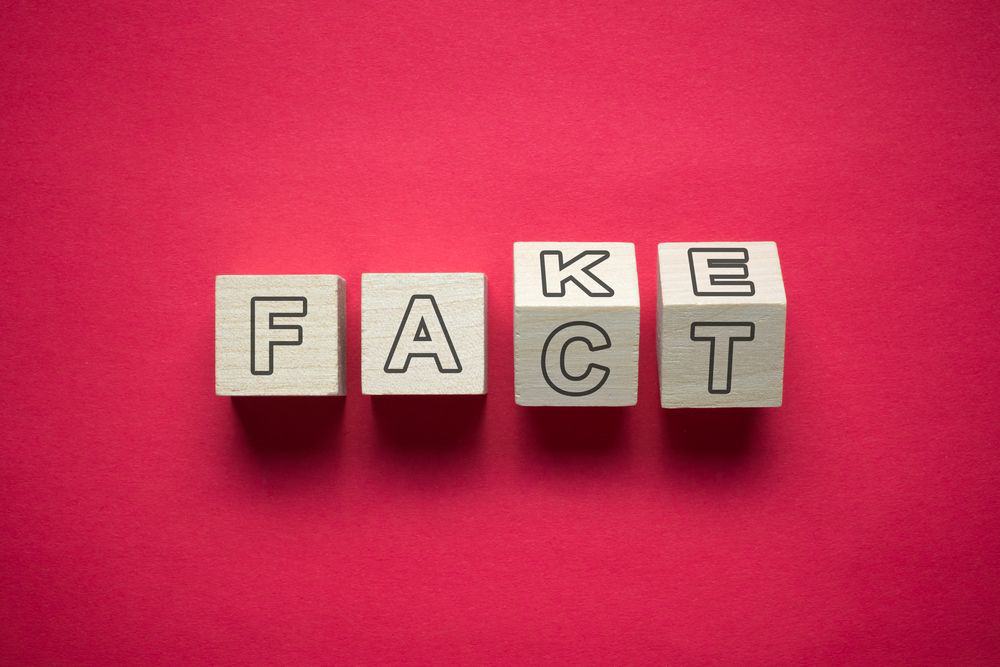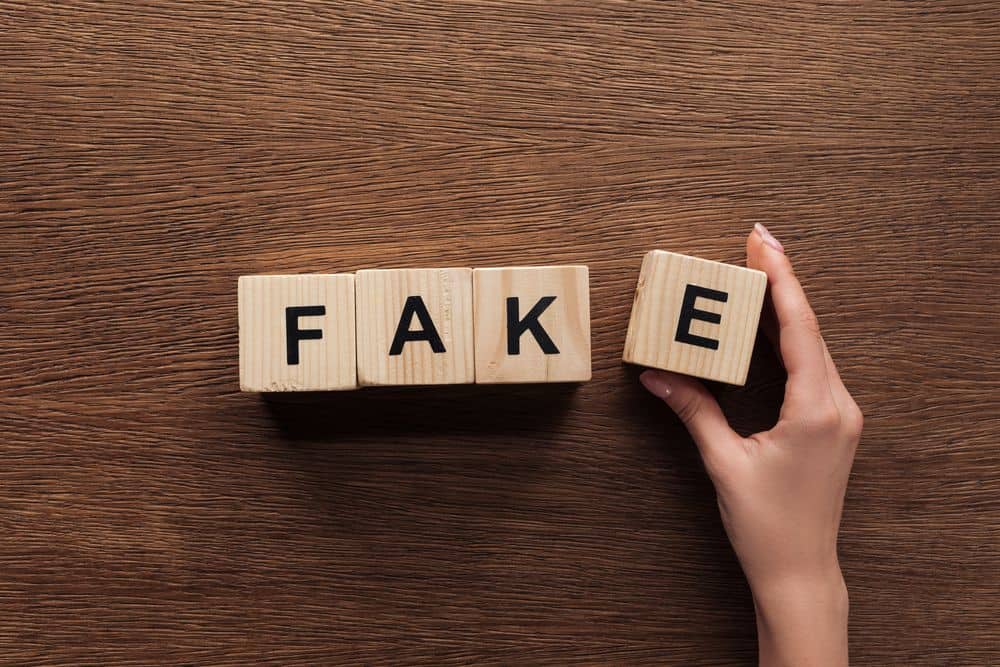If you have been keeping up with gossip in the scientific community, you may have heard about publishing giant Reed Elsevier. The company has been accused of publishing falsified academic journals. Keep reading to learn more about these fake Elsevier journals.
KEY TAKEAWAYS:
- Scientific and academic publisher Reed Elsevier released six journals that were found to feature falsified peer reviews.
- These peer reviews were paid for by pharmaceutical companies, including pharma giant Merck.
- Elsevier has also been involved in other scandals, including being accused of publishing racist content.
What is Reed Elsevier?
Elsevier is a Netherlands-based publishing company that specializes in scientific, technical, and medical journals. It is a part of a larger conglomerate called RELX Group, though until 2015 it was known as Reed Elsevier.
Insider Tip
Elsevier is a Netherlands-based publishing company that specializes in scientific, technical, and medical journals.
What did Elsevier do?
During the years 2000 to 2005, the publishing giant released six falsified medical journals, rumored to have been at the behest of pharmaceutical companies. These journals were made to look like peer-reviewed academic studies but were actually completely made up. It was never released which pharmaceutical companies put them up to this, but these journals were essentially “paid advertisements” for the pharma industry. It has been rumored that pharmaceutical giant Merck was behind at least one fake journal that featured a paid peer review. This is common even with app purchases online, like the fake Google Play Store’s fake reviews.
Did the Company Receive any Penalties?
Not really, though the company did release an apology letter as soon as the allegations came to light. They also promised that the practice would cease immediately and that anyone involved with falsifying academic journals would be terminated. As of this writing, there are no records as to if they kept their word regarding the firings. They did, however, release several retraction notices and issued some updates to their publishing policies. Additionally, they changed how they conduct the peer-review process and how they interact with their editorial board.
Though it must be noted, the company was eventually gobbled up by multimedia conglomerate RELX Group. The publishing giant is still in operation, accounting for nearly 40 percent of its parent company’s profits.
Has Reed Elsevier Ever Been Accused of Anything Else?
Yes. A lot actually. According to the BBC, in 2009, Elsevier offered Amazon vouchers to academics if they would go on Amazon and related e-commerce sites and give certain books the highest possible rating. Elsevier responded by stating “Encouraging interested parties to post book reviews isn’t outside the norm in scholarly publishing, nor is it wrong to offer to nominally compensate people for their time.” But this is a thin legal line to play around on just like the Glassdoor fake reviews case.
Additionally, two Elsevier journals, Intelligence and Personality and Individual Differences, have been accused of staffing scientists that promote certain racist scientific ideologies. These journals have been criticized for having “occasionally including papers with pseudoscientific findings of intelligence differences between races.” The company has retracted the articles in question after the criticism came about.
Insider Tip
During the years 2000 to 2005, the publishing giant released six falsified medical journals, rumored to have been at the behest of pharmaceutical companies.
F.A.Q.
Is Elsevier credible?
Within certain academic circles, Reed Elsevier has perhaps the worst reputation imaginable. This is due to the aforementioned scandals, in addition to various company practices that have been frustrating to academics.
Is Elsevier free?
The company releases some articles for free, but the large majority of their journals must be purchased at a premium by academic and academic institutions.
Is Elsevier credible?
Not according to many academic institutions. For instance, the University of California recently dropped the publishing giant and many other schools followed suit. Despite these hurdles, the company still continues to rake in big bucks.
STAT: In a study of apps that have been flagged for fake reviews, games represented 41% of those singled out. (source)
REFERENCES:
- https://en.wikipedia.org/wiki/Elsevier
- https://www.elsevier.com/connect/faking-peer-reviews
- https://scholarlykitchen.sspnet.org/2009/05/07/elsevier-published-fake-journals/r
- https://www.the-scientist.com/the-nutshell/elsevier-published-6-fake-journals-44160
- https://www.theatlantic.com/science/archive/2019/03/uc-elsevier-publisher/583909/






























![Best Amazon Review Checkers in [year] 22 Best Amazon Review Checkers in 2025](https://www.gadgetreview.dev/wp-content/uploads/best-amazon-review-checker-image.jpg)
![Best Renters Insurances in [year] 23 Best Renters Insurances in 2025](https://www.gadgetreview.dev/wp-content/uploads/best-renters-insurance-image.jpg)